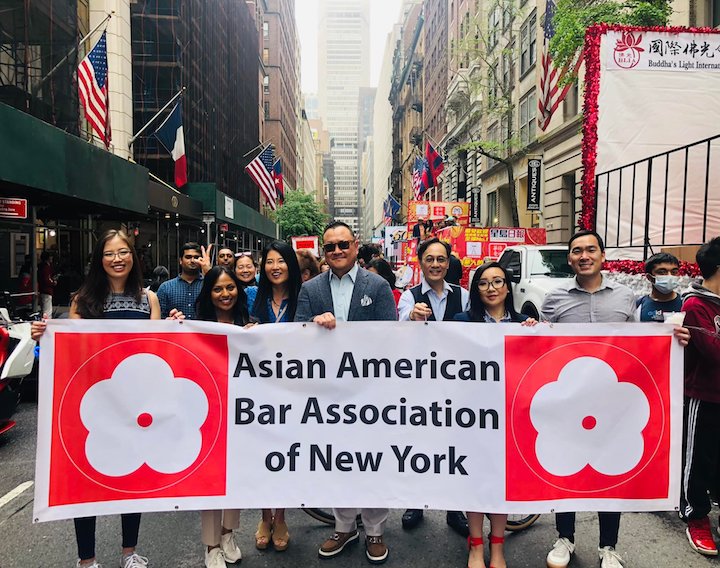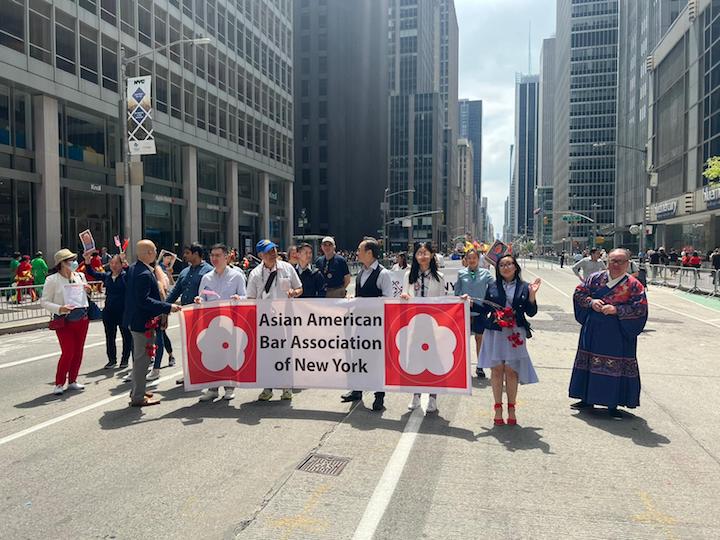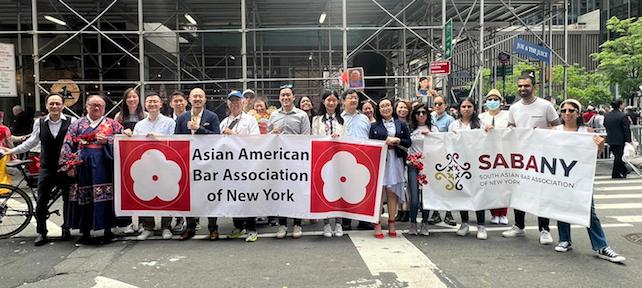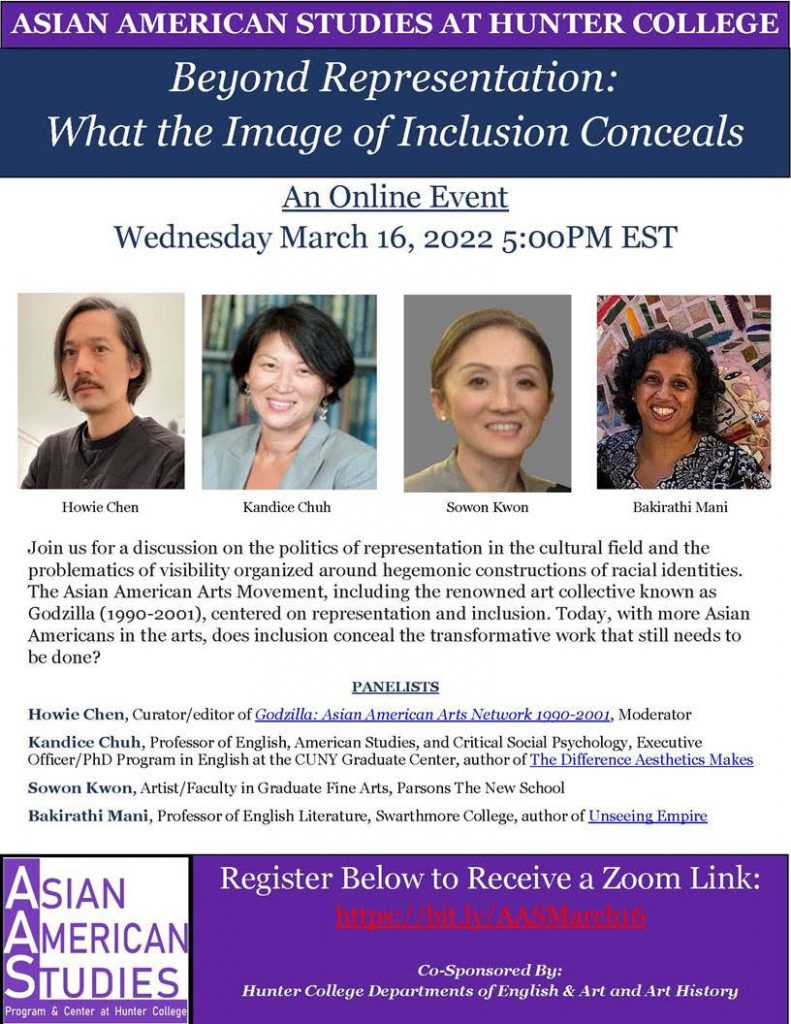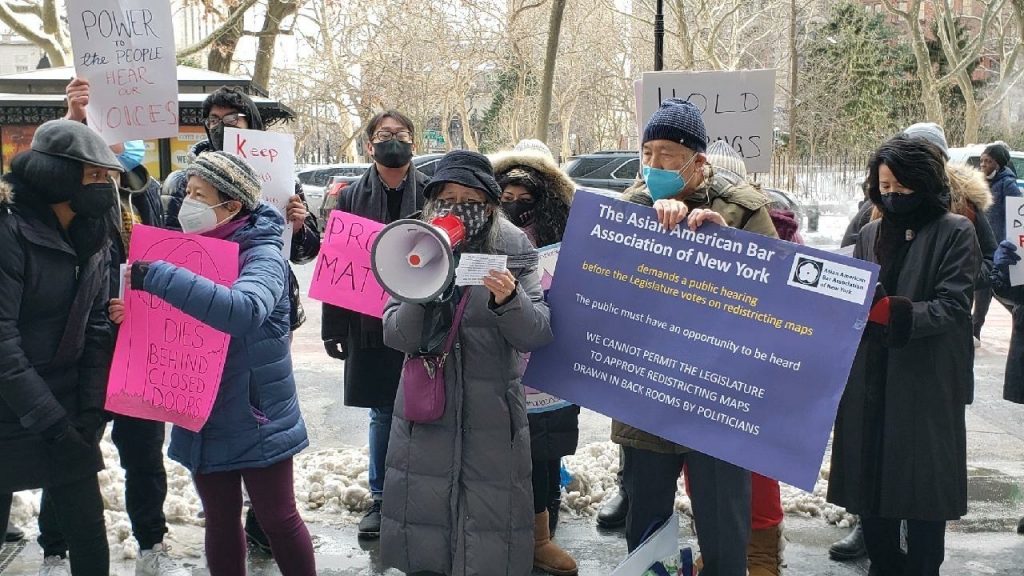For Immediate Release: May 25, 2022
Contact: Mary Tablante, Associate Strategic Communications & Marketing Director
WASHINGTON – Today, President Joe Biden nominated Judge Florence Y. Pan to the U.S. Court of Appeals for the District of Columbia Circuit. If confirmed, Judge Pan would be the first Chinese American to serve on the D.C. Circuit, the “second most powerful court” in the nation.
“NAPABA congratulates Judge Pan on her historic nomination to serve on the U.S. Court of Appeals for the District of Columbia Circuit,” said A.B. Cruz III, acting president of NAPABA. “Judge Pan has a stellar record as an experienced jurist and she has received overwhelming bipartisan support in her prior confirmations to the U.S. District Court for the District of Columbia and Superior Court of the District of Columbia. She is well respected by her peers and is a leader in the Asian Pacific American community. We urge the Senate to quickly confirm Judge Pan.”
In 2021, Judge Pan was nominated by President Biden to the U.S. District Court for the District of Columbia and was confirmed by a vote of 68–30. She is the first Asian Pacific American woman to serve on that court.
In 2009, Judge Pan was nominated by President Obama to the Superior Court of the District of Columbia and the Senate confirmed her nomination by voice vote. Judge Pan was the first judicial nominee to be confirmed under the Obama Administration and she was the first Asian Pacific American judge to serve on any level in Washington, D.C.
Previously, she served for 10 years as an Assistant U.S. Attorney in the U.S. Attorney’s Office for the District of Columbia, including two years as the deputy chief of the appellate division. She also held positions in the Department of the Treasury and the Department of Justice, notably in the Office of the Solicitor General. Judge Pan taught at Georgetown University Law Center and American University, Washington College of Law, and is active in her community having served as the Secretary of NAPABA’s Judicial Council.
She formerly served as a law clerk for the Honorable Ralph K. Winter, Jr. of the U.S. Court of Appeals for the Second Circuit and the Honorable Michael B. Mukasey of the U.S. District Court for the Southern District of New York. Judge Pan is a graduate of the University of Pennsylvania and Stanford Law School.
NAPABA commends President Biden for nominating Judge Florence Y. Pan.
###
The National Asian Pacific American Bar Association (NAPABA), represents the interests of over 60,000 Asian Pacific American (APA) legal professionals and nearly 90 national, state, and local APA bar associations. NAPABA is a leader in addressing civil rights issues confronting APA communities. Through its national network, NAPABA provides a strong voice for increased diversity of the federal and state judiciaries, advocates for equal opportunity in the workplace, works to eliminate hate crimes and anti-immigrant sentiment, and promotes the professional development of people of all backgrounds in the legal profession.


